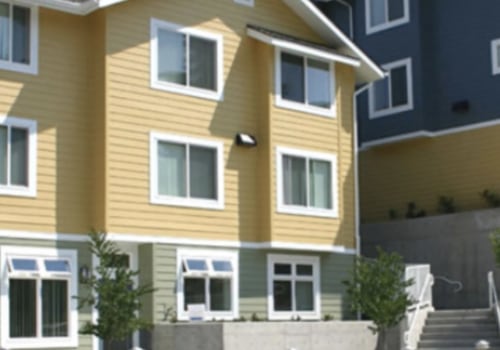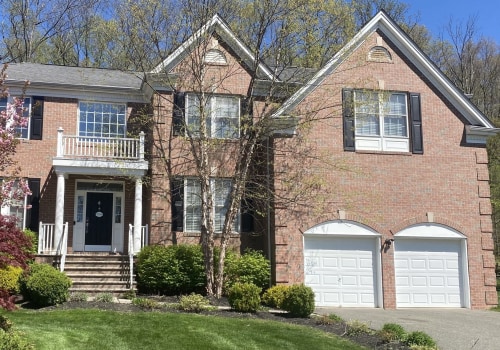Mental and substance use disorders, alcohol, tobacco and other addictions can be difficult to overcome. The Substance Abuse and Mental Health Services Administration (SAMHSA) National Helpline is a free referral service available in English and Spanish. If you are uninsured or underinsured, SAMHSA can refer you to state-funded treatment programs or facilities that charge on a sliding fee scale or accept Medicare or Medicaid. Alcohol and drug addiction affects the entire family.
It is important to understand how substance abuse treatment works, how family interventions can be a first step to recovery, and how to help children from families affected by alcohol and drug abuse. SAMHSA's mission is to reduce the impact of substance abuse and mental illness on communities across the United States. The main function of a rehabilitation center is to help the addict recover from substance abuse. Some rehabilitation centers follow the spiritual approach, while others follow the traditional approach of medication to treat addicts. It is not uncommon for people to confuse sober living and a rehabilitation or treatment center with the same thing. Sober living homes and residential treatment programs are two different levels of care for those seeking sobriety due to drug or alcohol abuse.
While both are critical for those seeking sobriety, they play completely different roles on the path to a sober lifestyle. Aftercare is an important aspect of drug use disorder treatment, as the first few days or weeks are especially difficult for patients who have just completed an inpatient detoxification program. Recovering addicts will experience multiple triggers and cravings, which will eventually lead to relapse. It will take some time for most patients to return to their lives. They usually choose to live in a social reintegration home or a sober life.
Living in this type of environment can promote lasting recovery, helping people maintain their sobriety as they adjust to life during and after treatment. Many people use sober housing to make the transition from rehab to living independently without using drugs or alcohol. Where appropriate, residents must have already completed a detox program to ensure medical stability and prevent them from becoming seriously ill and unable to work while living in a sober home. The main difference between sober living homes and residential treatment programs is that sober living homes do not offer the same intensive medical and therapeutic services as a residential treatment program. Sober living homes may require residents to be home at a certain time or go to work during the day, but they don't offer detoxification facilities. Services such as recovery training, sober companions, sober transportation, and clinical referrals are valuable tools when a resident's sobriety is vulnerable. Most sober living homes have strict curfew rules that allow residents to go out during the day to work, recovery meetings, doctor's appointments, family visits, and more, as long as they return home sober before curfew.
Most recovery professionals recommend that recovering addicts attend inpatient rehabilitation before graduating to the higher level of freedom and responsibility offered by sober living. Because both types of recovery programs specialize in different levels of care, sober living homes and residential treatment programs are often used together, and many people move from one to the other as their needs change. In most cases, people who live in sober households have to follow certain house rules and contribute to the household by doing household chores. It is also based on keeping people away from their usual circumstances by taking them to drug-free environments, just like a sober life. Sober living households have staff members who are responsible for enforcing these rules to ensure that the environment is drug-free and that people who are not tempted to relapse.
Most recovery professionals agree that people in early recovery should go to an inpatient rehabilitation center before moving to a sober living environment.




